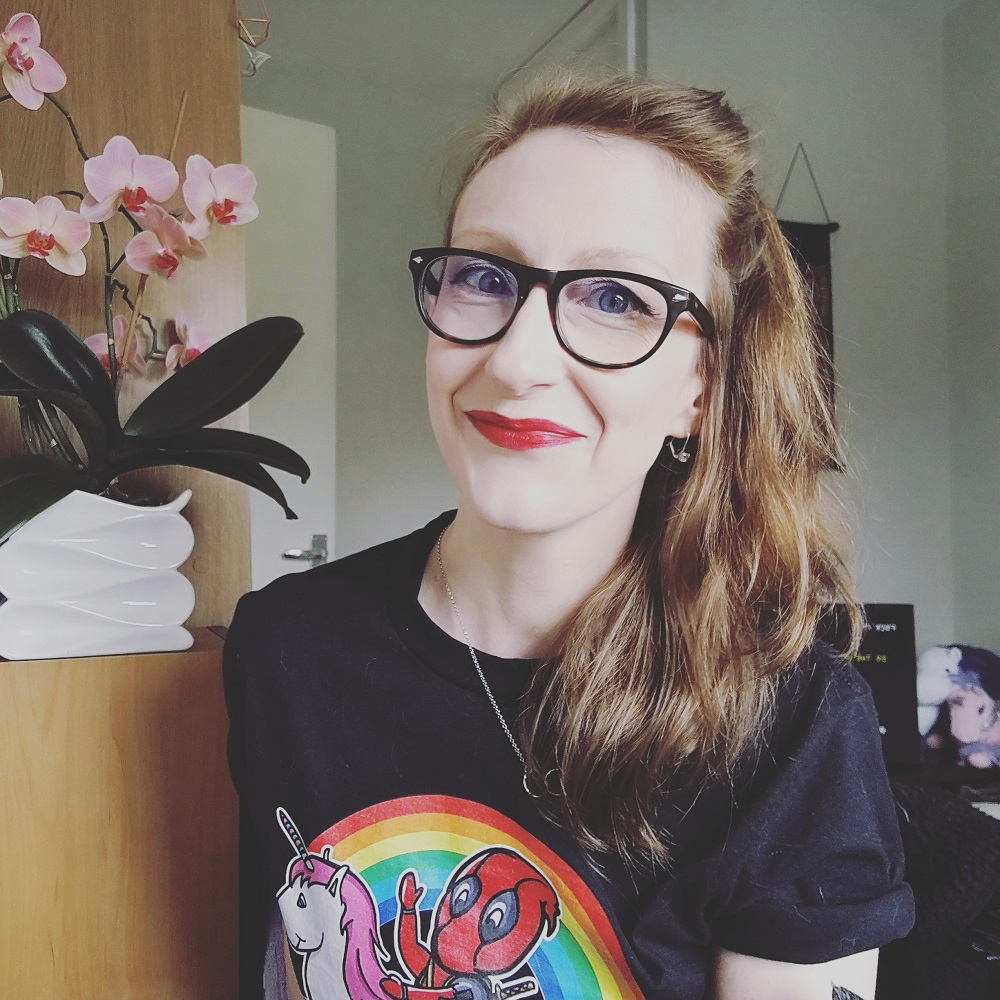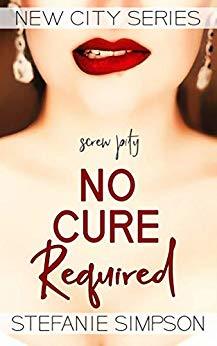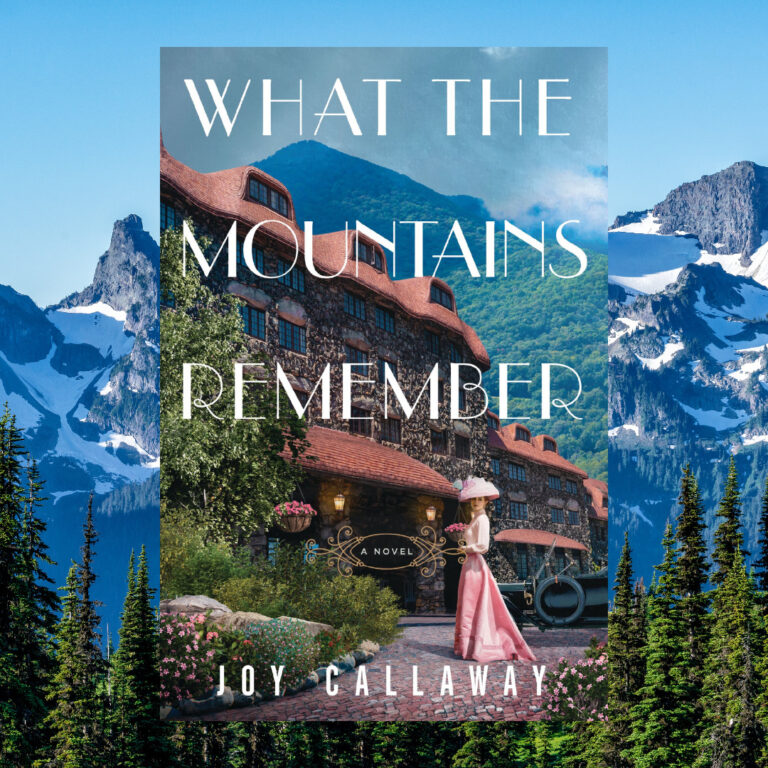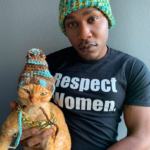[Note from Frolic: Frolic contributor Sarah Smith had the chance to interview self-published British contemporary romance author Stefanie Simpson. Be sure to check out Stefanie’s latest book, No Cure Required.]
Frolic: Stefanie! Congratulations on the release of your fifth self-published book, No Cure Required! This is the latest novel in your New City Series, which is set in the fictional English city of Chadford (Seriously LOVE that name! So quaint!). What compelled you to start self-publishing these novels?
Thank you! Self-publishing was a logical choice for me. I was very ill and didn’t know what the future held, and I wanted to put my voice in the world while I could. Traditional publishing didn’t feel like a viable option. And I’ve enjoyed the whole self-publishing process and learning through it.
The main character in No Cure Required, Willow, has a similar disability as you. Did you draw from personal experience to write her?
I did. Willow is a fictional version of myself in that sense. It was an exhausting and emotional process to put those disorientating experiences into words. When I returned to the first draft for developmental editing, I had to take out and tone down those experiences because it read as too intense, objectively. Scaling back the reality also showed the impact of what she deals with, but when Willow experiences brain fog, pain or exhaustion, they’re my everyday life.
Ableism is a recurring issue in the novel. Since Willow is disabled, she encounters quite a few challenges that many abled people can’t seem to relate to. Can you describe what it was like addressing that in your writing?
I didn’t want the ableism to be a focus, but a reflection of reality. Willow is vulnerable and has been taken advantage of under the guise of care. She also deals with ignorance. Much like her illness, it’s a distilled and scaled back version of what I’ve experienced and witnessed. To write about it was cathartic, painful, petty and funny. I wanted Willow to be soft and resilient. There is strength in gentleness, and she’s had to endure so much, so to retain that sweetness and yet be able to stand up for herself was a deeply gratifying thing to write. I know not everyone will like that version of disability, but it’s an honest one for me. And through that honesty, I hope people will find common empathy with her.
Recently there has been an effort in the romance industry to publish more “own voices” books featuring marginalized characters. How do you feel about that as an author and also as someone who is part of a marginalized group?
Publishing should reflect the balance of the world, and I think there’s a skewed idea of what that is because white, abled and cis straight-passing people take most of the space through systemic privilege. Any conversation that challenges that and brings a broader sense of reality is desperately needed. When people talk about diversity, it’s essential to include disabled people and make that inclusion as accessible as possible. We (as a group) are rarely mentioned — even the word disabled scares people. They’d rather not mention we exist. This plays into the harmful idea of keeping us unseen lest we offend abled people because our very existence is distressing to some. Challenging ableism is so important as is normalizing and including us.
Willow’s love interest, Matt, is a man who identifies as pansexual. You don’t read about many male characters in female/male romances with that sexuality, as they are often straight. What made you choose to write him that way?
In my work, I’ve always enjoyed playing with expectation. I’ve not written many alpha types and wanted to create a hero to fall in love with who challenged what an alpha (within a romance context) is expected to be. Creating a complex intersecting identity for him was part of that. Being pansexual and dominant, he’d have had to think about himself and his place in a heteronormative society, and self-examination and awareness would inform his character a great deal. He chooses Willow for who she is, disability and all; the person she is matters more to him than her gender or sex. That’s beautiful.
The love scenes you wrote get an A+ for steam (Seriously, you have killer love scene writing skills!). But their allure is more than just physical — there is depth to the sex they have. Matt and Willow share a sub-dom dynamic in their relationship, and you do an excellent job of addressing the importance of consent in a sub-dom context. Willow also finds a great deal of empowerment in being a sub. Can you share a bit of your process on how you write sex scenes that are equal parts steamy, multi-layered and meaningful?
Understanding the purpose of the sex scene, like any scene, is the key to it. Fun, titillation, character development, bonding, an emotive narrative tool: all of these apply on some level. So to do that, I approach it like an action scene. I avoid flowery metaphor because it doesn’t feel honest within my writing voice. Any action scene should focus on showing, cut with emotional honesty. Finding that balance to express vulnerable rawness is the goal for me. Sex is also extremely subjective, so the right word at a key moment for me might take someone else right out of the scene. There’s pressure, I think, to outdo what came before, so always seeking a level balance of reality is essential for writing consistently good sex. When writing kink or BDSM, that intrinsically comes to the fore. Understanding the power of consent and communication doesn’t detract from a good sex scene but enhances it and the emotional bonds one is writing of. This subject is one of the reasons I started writing romance and kink-based erotica, as it’s so often misrepresented. Though I don’t write instruction manuals, rather a window into a beautiful and powerful truth.
If your book were being made into a movie, who would you cast as Willow and Matt?
This is such a hard question! Originally this was a kinky contemporary retelling of North and South by Elizabeth Gaskell. So going by the TV show that’s Richard Armitage and Daniela Denby-Ashe. But now? Marwan Kenzari or Tom Ellis would make a good Matt and possibly Jessica Brown Findlay for Willow.
We are SO excited to hear about what you’re writing next! What can you tell us about the projects you have in the pipeline?
My next release will be the first part of an anthology of four novelettes of my New City Series. There’s definitely one, maybe two more novels as well as a second anthology. I’m also working on a horror romance and a fantasy novel. So many projects!
About Stefanie:
Coffee addled, Twitter addicted, forgetful, cat owning, a perverse lover of handbags, despises high heels, Stefanie Simpson is at her leisure writing the books she loves. A Brit, a feminist, a humanist, a despiser of ignorance and hate, she is proud of her heroes and heroines, who are first and foremost people.
Find her here:
Twitter: @Simpson_Romance













